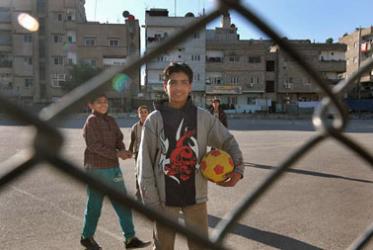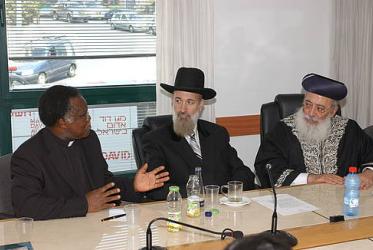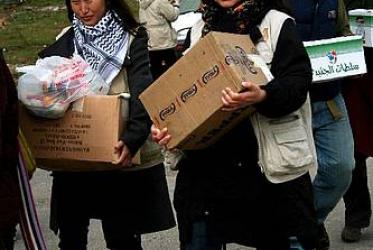Displaying 3841 - 3860 of 3870
22 October 2008
Anti-Christian violence in Orissa reverberates at CNI Synod
21 October 2008
WCC youth team views situations of violence in India
03 October 2008
An international ecumenical debate on the issue of "promised land"
02 September 2008
WCC calls for UN fact finding mission to Papua
17 March 2008
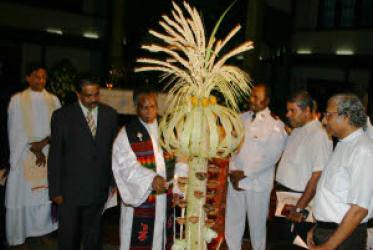
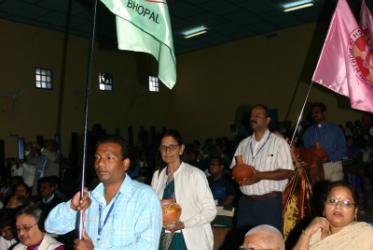


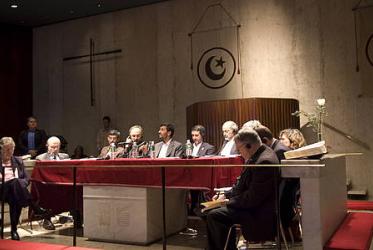



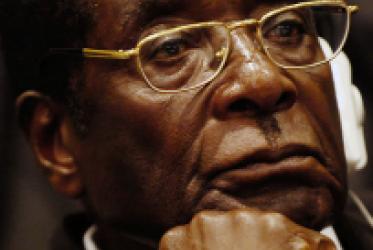

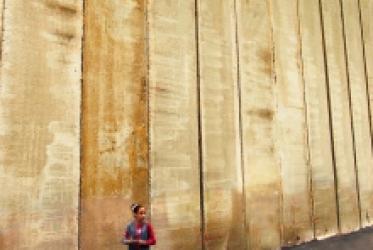
!["All Iraqis are trying to leave," Clara - a young woman working for the Greek Orthodox Patriarchate in Damascus and a refugee herself - told the WCC delegation. "Since one year the United Nations tell us that they will find a solution [for Iraqi refugees in the region], but nothing happens." "All Iraqis are trying to leave," Clara - a young woman working for the Greek Orthodox Patriarchate in Damascus and a refugee herself - told the WCC delegation. "Since one year the United Nations tell us that they will find a solution [for Iraqi refugees in the region], but nothing happens."](/sites/default/files/styles/teaser/public/newsItem/wjV59XHs.jpeg?itok=YIkp9xNl)

